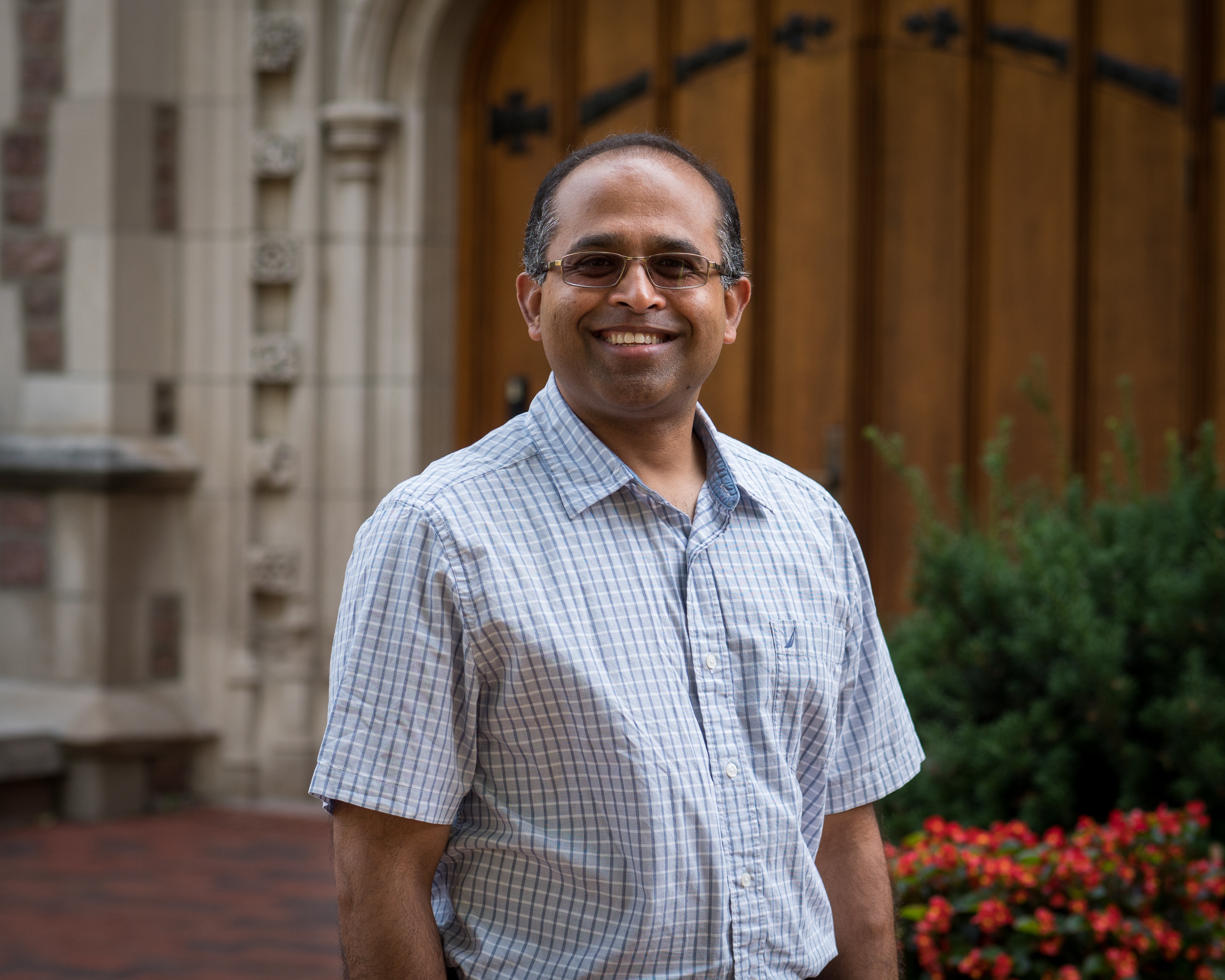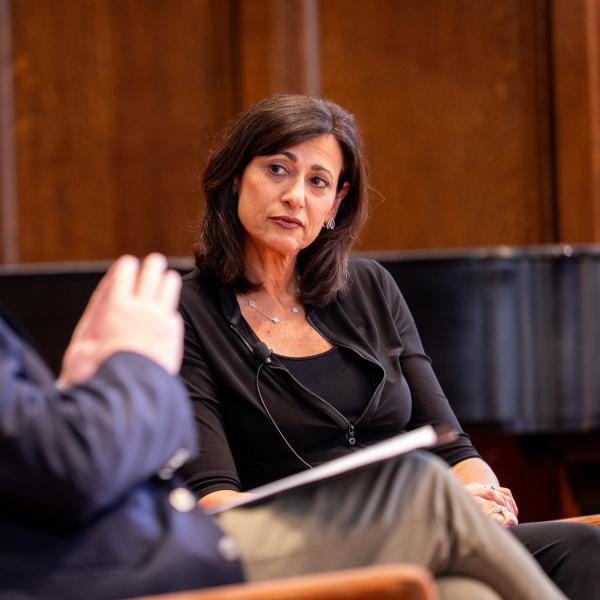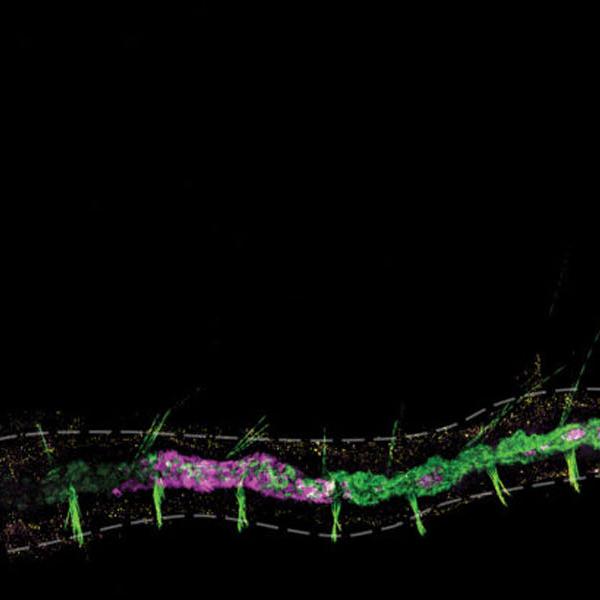Ram Dixit shares his excitement about taking over as Biology Department Chair.
Fifteen years later, Dixit prepares to take over as Biology Department Chair. He plans to build on work started by Joseph Jez, Spencer T. Olin Professor of Biology and former Chair. Dixit will continue the committee work started by Jez (who formed 7 committees comprised of faculty and staff across the department), and expand on it by appointing three Associate Chairs to help make decisions and carry out work in various areas of responsibility.
“I think it's good that the department committees engage a wide swath of people across the board. With such a sizable department, it’s important to have input from multiple perspectives, including students, postdocs, staff, faculty, all levels. The committee structure is a good way to encompass multiple voices pitching ideas and contributing their perspectives. In addition, I will have three Associate Chairs as part of my advisory committee, who will confer with the department committees,” Dixit said.
Professor Petra Levin will serve as Associate Chair of Faculty Research and Development. She will oversee new tenure-track faculty hires, explore ways to enable faculty to pursue new kinds of grant opportunities and increase grant success, oversee faculty award nominations, and think of ways to increase faculty engagement.
Professor Ken Olsen will be the Associate Chair of Climate and Facilities. He will oversee space allocation in the department and core facilities, ensuring updated resources and equipment, and providing services that are important to our faculty, while also contributing to maintaining a climate of diversity and inclusivity within the department.
Professor Barbara Kunkel will be the Associate Chair of Undergraduate Education. She will be the point person for recommending teaching load assignments and keeping an eye on faculty service to ensure an equitable teaching and service load. She will be thinking about ways to improve the education mission of the department. Part of Dixit’s vision for the Department is to integrate the research and education missions in a modernized curriculum.
“Biology is the largest major in Arts and Sciences, and the vast majority of bio majors complete independent research for credit in our labs. We already have several courses that include literature reading and analysis. Several of our lab courses are inquiry-based, not ‘canned’. That's the ideal scenario for thinking about how can we better integrate our research into our teaching and vice versa. Now I want to formalize this in a framework that is an intentional part of the curriculum, so that students don't distinguish between the research and the coursework. I want to blur those boundaries so that it’s not just memorization or knowing information, but thinking critically in every aspect of their education,” Dixit explained.
Dixit is most excited about the expansion of the Department over the next few years. Alongside planned space renovations in Rebstock Hall and Busch Lab, there will be 10-15 new hires, changing the face of the Department in many ways. Of course, it’s not without its challenges, such as making sure there is enough support staff and other resources for all. The Associate Chairs and committees will be invaluable to the process of transitioning as smoothly as possible through these stages of growth.
“I think of research as an interdisciplinary enterprise. I want to start to intentionally cultivating and strengthening relationships with our partners in Arts and Sciences, such as Physics, Chemistry, and Math departments, and our partners in the McKelvy School of Engineering. We will explore ways where we can build connections that benefit our research and education missions. I’ve been part of an NSF-funded mechanical biology center (CEMB), and found that big research grant opportunities only happen and are successful if you have a set of people who are already familiar with each other's work. They can immediately begin to see opportunities where connections can be made.
“With all these scales, from atomic level, to ecosystem level, to biological research, it's hard for me or any one person to imagine, what the next frontiers will be. The most exciting thing to me about this role as Chair is imagining bringing not just new faces to the department, but new types of research, as well as having the opportunity to have a larger impact on the community, starting with the biology community, extending outward through Arts & Sciences, to the University and beyond!” Dixit exclaimed.
Dixit will take over as Department Chair on July 1, 2023. To learn more about Ram Dixit and his research, visit the Dixit Lab website.





